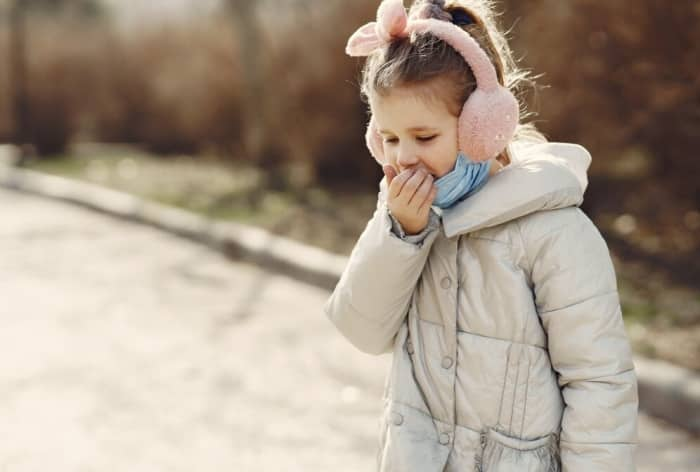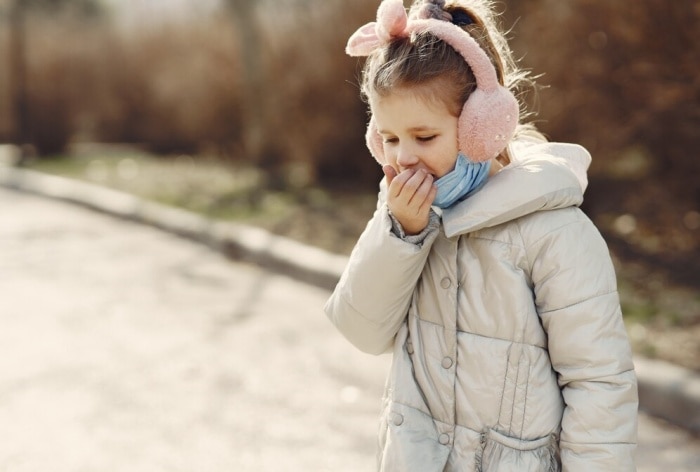Children are often are more prone to falling sick during seasonal changes and adapting few lifestyle changes can help prevent spread of flu.
DOCTOR VERIFIED

As winter sets in, the rise in respiratory infections poses a significant threat, particularly to toddlers whose immune systems are still in the developmental stage. Protecting your children during this season requires a proactive approach to minimize exposure to viruses such as the flu, rhinovirus, strep throat, and the ever-present COVID-19. Here are some essential tips to gear up for the winter and safeguard your little ones.
How to Prevent Children from Contracting Flu
- Stay Clear of Sick Individuals: Be vigilant about avoiding contact with sick people displaying symptoms of respiratory infections. Hospital visits should also be minimized, even for routine check-ups, to reduce the risk of exposure to contagious illnesses.
- Timely Flu Vaccination: Get a flu shot for your child well in advance of the winter season. Ideally, June or July are the best months to ensure immunity is built up before the onset of flu season. Vaccination remains one of the most effective preventive measures against influenza.
- Say No to Smoking: Avoid smoking and exposure to passive smoke, as it can compromise your child’s respiratory health. Secondhand smoke increases the risk of frequent coughs and may trigger asthma, making children more susceptible to respiratory infections during winter.
- Manage Cold Symptoms: If your child develops a cold, use saline nasal drops to relieve nasal blockage and a nasal aspirator to clear the nose. Introduce a humidifier in the room to combat the dry winter air, preventing the onset of a dry cough. However, be cautious not to over-humidify, as excessive moisture can trigger asthma attacks in susceptible children.
- Emphasize Hand Hygiene: Teach your child the importance of good hand-washing practices. Regular hand hygiene is a simple yet powerful tool in preventing the spread of infections.
- Prepare for Respiratory Conditions: If your child has a history of respiratory conditions such as wheezing or asthma, consult your paediatrician in advance. Develop a treatment plan to manage potential triggers and keep your child’s respiratory health in check during the winter months.
- Debunk Immune Booster Myths: Dispense with misconceptions about immune boosters, vitamin C, and multivitamins preventing colds and coughs. While these supplements support overall health, they won’t shield children from airborne viruses that are prevalent during the winter.
During winter, it’s advisable to limit social gatherings and outings. Crowded spaces increase the risk of exposure to infections, especially in closed environments. Avoiding unnecessary travel, particularly by flights, can significantly reduce the chances of spreading and catching infections.
In conclusion, a comprehensive strategy encompassing vaccination, hygiene, and lifestyle choices is crucial in protecting your children during the winter. By adopting these practices, you can create a safer environment for your little ones and reduce the risk of respiratory infections during the challenging winter months.

